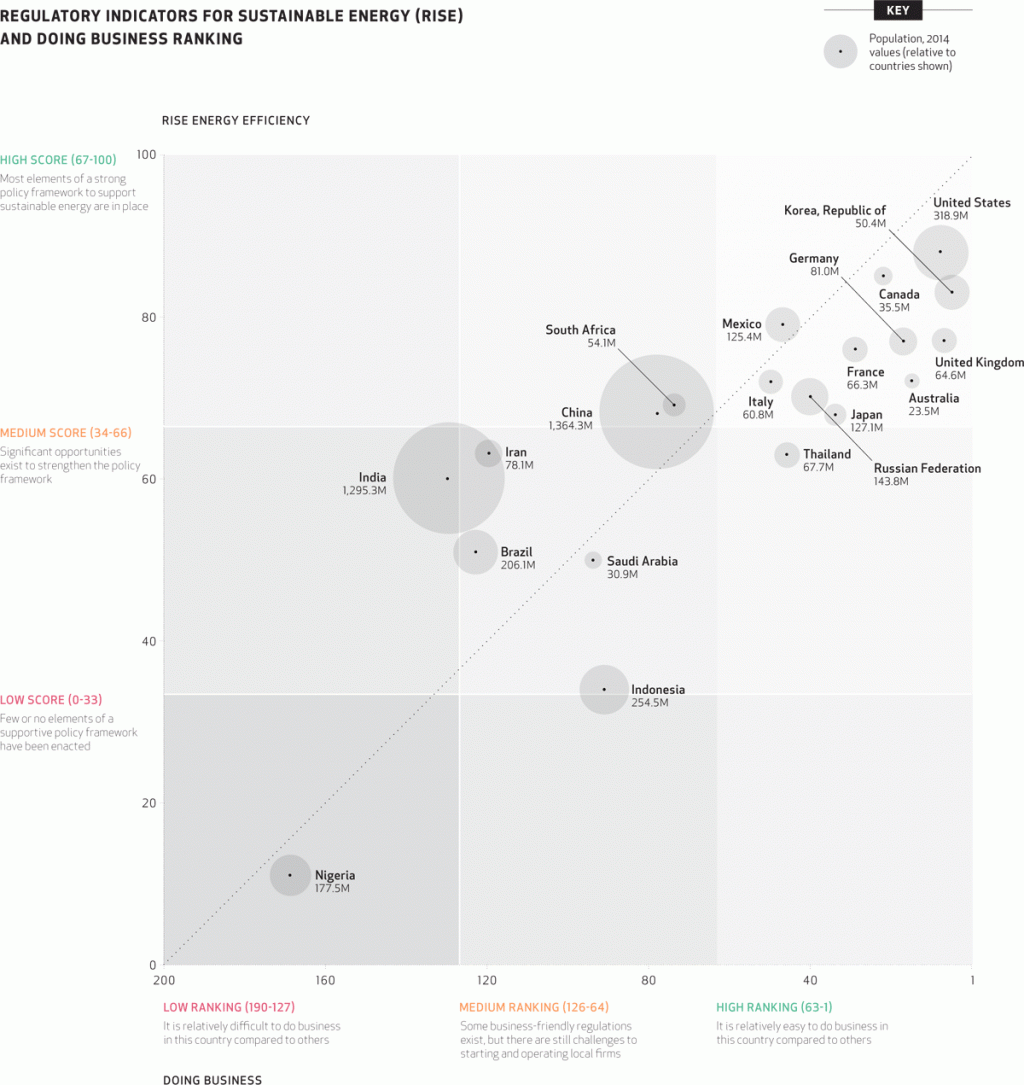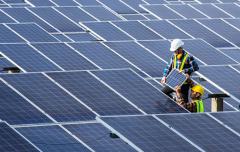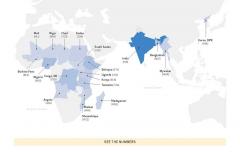Energy Efficiency: RISE Energy Efficiency vs Business Environment

Quick Facts
Context
- Regulatory Indicators for Sustainable Energy (RISE) offers policy makers and investors detailed country-level insights on the policy and regulatory environment for sustainable energy across 111 countries globally while Doing Business measures aspects of regulation that enable or prevent private sector businesses from starting, operating and expanding.
- Dedicated entities are the necessary building blocks for governments to develop and implement energy efficiency measures, and encourage the private sector engagement. Minimum energy performance standards, appliance labels and building codes are prime candidates for near-term action. Other policy elements are also important but remain often neglected: sectoral-targeted policies for large consumers, the public sector and utilities as well as the development of financing mechanisms.
- The top twenty high-impact countries for energy efficiency show a strong correlation between a high overall RISE Energy Efficiency score and a high ranking on the Ease of Doing Business. Nigeria received its lowest RISE score in Energy Efficiency at 11, with low scores in 11 out of 12 efficiency indicators. Nigeria was ranked 169 out of 190 countries in Doing Business, making improvements in 2015/16 in starting a business and getting credit.
NOTES: 1. Regulatory Indicators for Sustainable Energy (RISE) is a suite of indicators that assesses the legal and regulatory environment for investment in sustainable energy.
2. Doing Business is a relative ranking of 190 economies based on the regulatory environment. It does this by sorting the aggregate scores of 11 topics, each consisting of several indicators, giving equal weight to each topic.
SOURCES: Regulatory Indicators for Sustainable Energy (RISE), World Bank Group, 2017.
“Doing Business 2017: Equal Opportunity for All”, shttp://www.doingbusiness.org/rankings, 2017.
Data extracted from http://rise.esmap.org/ on 06/23/2017. World Development Indicators, World Bank Group, 2014.
Data extracted from http://data.worldbank.org/indicator/SP.POP.TOTL?end=2014&name_desc=false&view=chart on 06/20/2017.
Related Heatmaps

Data analysis
24 Jul 2025

Data analysis
16 Oct 2024

Data analysis
18 Jul 2023

Data analysis
18 Jul 2023
